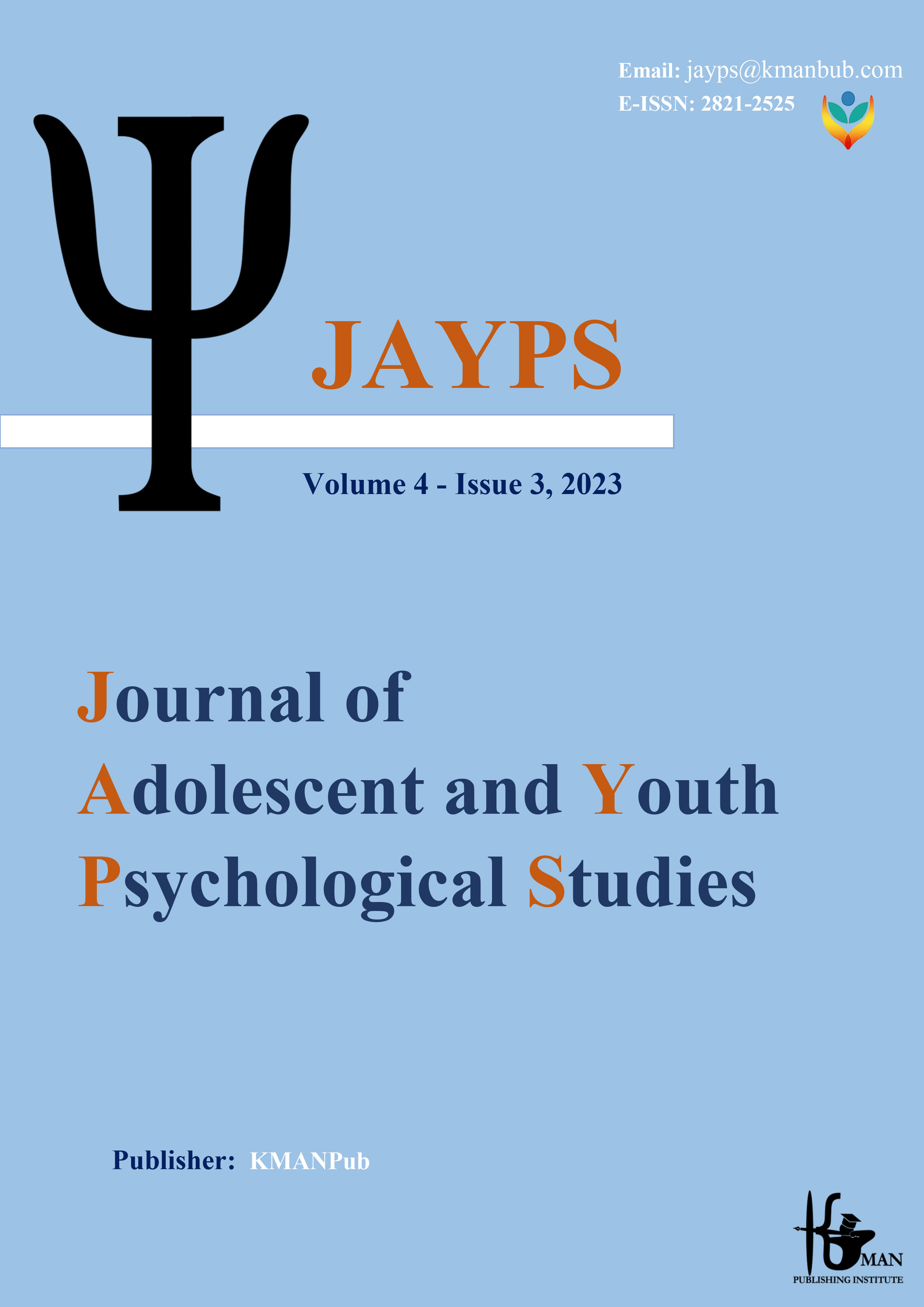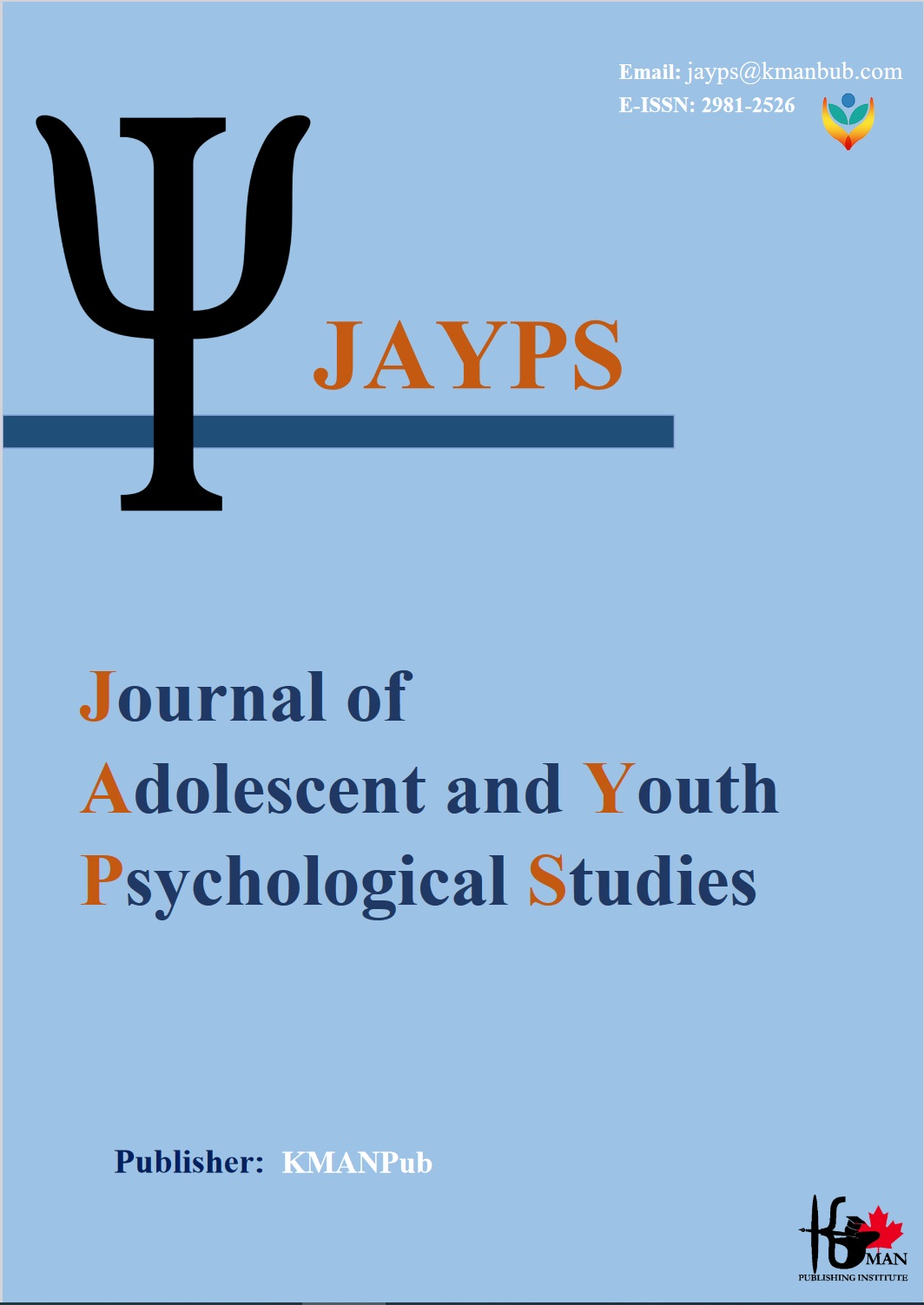Developing a model of symptoms of nomophobia in students based on attachment style, media literacy and locus of control with the mediation of Internet addiction
DOI:
https://doi.org/10.61838/kman.jayps.4.3.8Keywords:
nomophobia, attachment style, media literacy, locus of control, Internet addiction.Abstract
Background and Aim: Smartphones with internet access have replaced computers, become an integral part of life and make life easier. But along with these positive features, there are also various negative effects. Therefore, the use of smartphones can also be problematic. The present study was conducted with the aim of developing a model of symptoms of nomophobia in students based on attachment style, media literacy and locus of control with the mediation of Internet addiction. Methods: The method of this study was correlational. The statistical population of this study was the male students of the first public high school in Qom city. 306 people were selected using cluster random sampling method. The data collection tools were Yildirim and Correa's Nomophobia Questionnaire (2015), Hazan and Shaver's Adult Attachment Questionnaire (1987), Falsafi Media Literacy Questionnaire (2013), Rutter's Locus of Control Questionnaire (1966) and Young's Internet Addiction Questionnaire (1999). Data analysis was done using structural equation modeling method and Lisrel software. Results: The results showed that the model of symptoms of nomophobia in students based on attachment style, media literacy and locus of control with the mediation of Internet addiction fits experimental data (P<0.05). Conclusion: It is recommended to design and implement intervention programs in schools for adolescents in the most vulnerable populations who face the adverse effects of using smartphones, especially nomophobic behavior.
Downloads
Downloads
Published
Issue
Section
License

This work is licensed under a Creative Commons Attribution-NonCommercial 4.0 International License.







